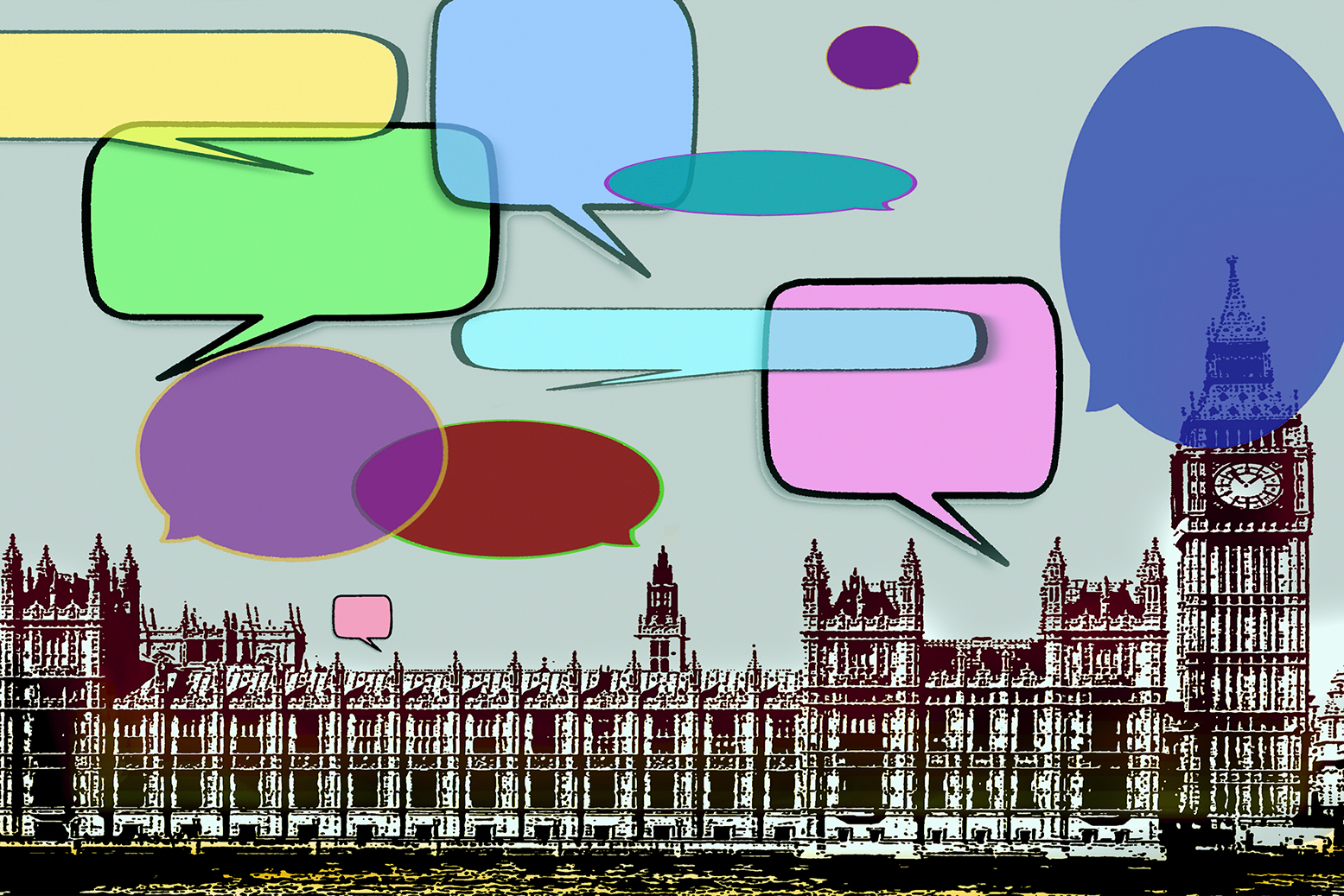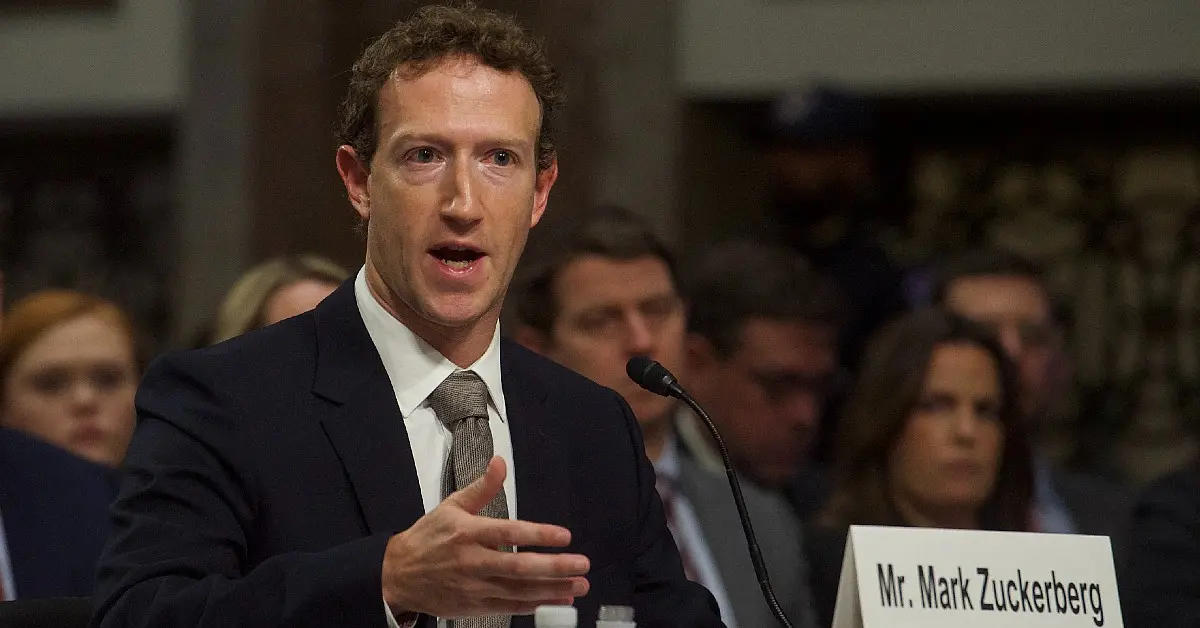By Rachel Cunliffe
Copyright newstatesman

The first thing to note about the messages from key Starmer aide Paul Ovenden making sexual and derogatory comments about Diane Abbott is that they are sexist, repugnant, unprofessional and highly offensive.
The second thing to note is that Ovenden’s immediate resignation as Director of Strategy in Downing Street is exactly what the Prime Minister did not need, days after the departures of Angela Rayner and Peter Mandelson, when his position as Labour leader is looking more precarious than anyone imagined possible 14 months after a historic election victory. While hardly a household name, Ovenden was one of the longest-serving members of Keir Starmer’s team, and he leaves the PM even more isolated with the Labour Party Conference – at which Starmer will be fighting for his political life – on the horizon.
The messages from eight years ago are the latest chapter in a crisis within Downing Street that is widening, raising questions about Starmer’s judgement, authority and future. This would be the case whatever the nature of the scandal that has resulted in yet another resignation.
But without either underplaying the inappropriateness of the messages or the headache it creates for an already beleaguered No 10, it’s worth taking a moment to think about what has happened here – and what it means for the government. Not Starmer’s government – any government.
Ovenden sent the messages to a female Labour staffer in a private conversation via the Labour Party’s internal instant message system in 2017, when he was a junior press officer and Jeremy Corbyn was Labour leader. Eight years later, their emergence – leaked to journalists at a critical moment for this government – damages not just Ovenden’s reputation but Starmer’s. The mere existence of messages Starmer is unlikely to have known existed is enough to tarnish him. Interestingly, no one is suggestion they should tarnish Corbyn, who was after all in charge of the Labour Party when these awful things about Diane Abbott were actually being said. It didn’t happen on Starmer’s watch, but it has now very much become Starmer’s problem.
Think about that for a moment. Think about the implication that every political leader is responsible for every comment ever made – not just on social media but in private messages or WhatsApps – at any time by any person they hire or associate with. Think about the sheer number of digital communications sent in public and private spaces every day. Think about your own message history, and how confident you can be that there is nothing you have said in the past decade or so that would horrify your employer, or your partner, or the public were it to be splashed across the newspapers.
We can argue, of course, that higher standards should apply to those in high office. But regardless of whether we consider Downing Street Director of Strategy to meet that threshold (advisers are not elected politicians), Ovenden was a junior staffer in his twenties when he recounted the ill-fated version of “snog, marry, avoid”. Are we denying any job in politics to anyone who has ever said something questionable – even horrendously offensive or sexually explicit – in a conversation they thought was private?
If that’s the bar, it’s a new one. Politics still hasn’t worked out how to deal with messages sent while people are actually in government jobs, let alone before they start. Back in 2023, Westminster reeled at the WhatsApps published as part of the Covid inquiry that revealed key figures – Dominic Cummings among them – using despicable language (“useless fuckpigs” comes to mind), threatening civil servants, or making light of thousands of pandemic deaths. Was this a case of officials under unimaginable pressure blowing off steam in what they thought was a safe space, or evidence of their callous and chaotic approach to handling a national crisis? We never decided – but MPs learnt an important lesson: set your WhatsApp messages to auto-delete so nothing can come back to bite you in the future.
If they failed to get the picture then, they got a refresher course at the start of the 2025, when once again old WhatsApp messages (this time from 2019-2022) led to the suspension of two Labour MPs. (One of them – sacked health minister Andrew Gwynne – could incidentally be Andy Burnham’s route back into parliament – but that’s another story.) Auto-delete is now the default setting for the vast majority of MPs.
This has implications for transparency, not to mention the practical challenges it raises when there is never a record of anything. The unintended consequences of both accepting that the business of politics and even government is now routinely carried out via WhatsApp or other platforms, and incentivising publics officials to ensure what they say on these channels disappears into the ether, is that FOI requests quickly lose their value – and it becomes that much harder to hold politicians to account.
While we’re grappling with the question of how to balance the need for accountability with the reality that people in stressful jobs are likely to decompress with colleagues, made near-impossible by WhatsApp’s dual function as both the medium of official communications and a virtual chat down the pub, we now have another moral quandary regarding messages and posts uncovered years after they were sent.
WhatsApp was launched in 2009, Facebook in 2004 and Twitter in 2006. The norms of communications have changed a huge amount in that time. Digital skeletons are not a risk but an inevitability. Clearly there’s a scale, from misguided to abhorrent to downright criminal, but it’s a subjective one that is impacted as much by the political context of the day as the comments themselves. Ovenden’s attempt to recategorise the Diane Abbott messages as a “silly conversation” might have held more water had Starmer not made integrity such a key part of his platform, or if the Prime Minister wasn’t at the same time fielding questions and accusations about Peter Mandelson’s relationship with Jeffrey Epstein.
Regardless, we are unlikely to see a world in which everyone applying for any job in politics has to provide not just their full social media history but every private communication they have ever sent online – communication that in the past would have been conducted on the phone or in person, with no written trace – for pre-emptive vetting. What that means is that any minister, of any party, is only ever one leak away from ruin. Digital ghosts will come to haunt them all. Their survival will depend on how effectively they can brazen out a level of scrutiny that is inconsistently applied and goes beyond anything their pre-internet predecessors ever had to face. The actual work of governing will be derailed each time a political opponent gets hold of ammunition everyone knows is out there. And we – the public – will have endless chances to feel self-righteous, while wondering why none of our representatives seem able to fix the country.



